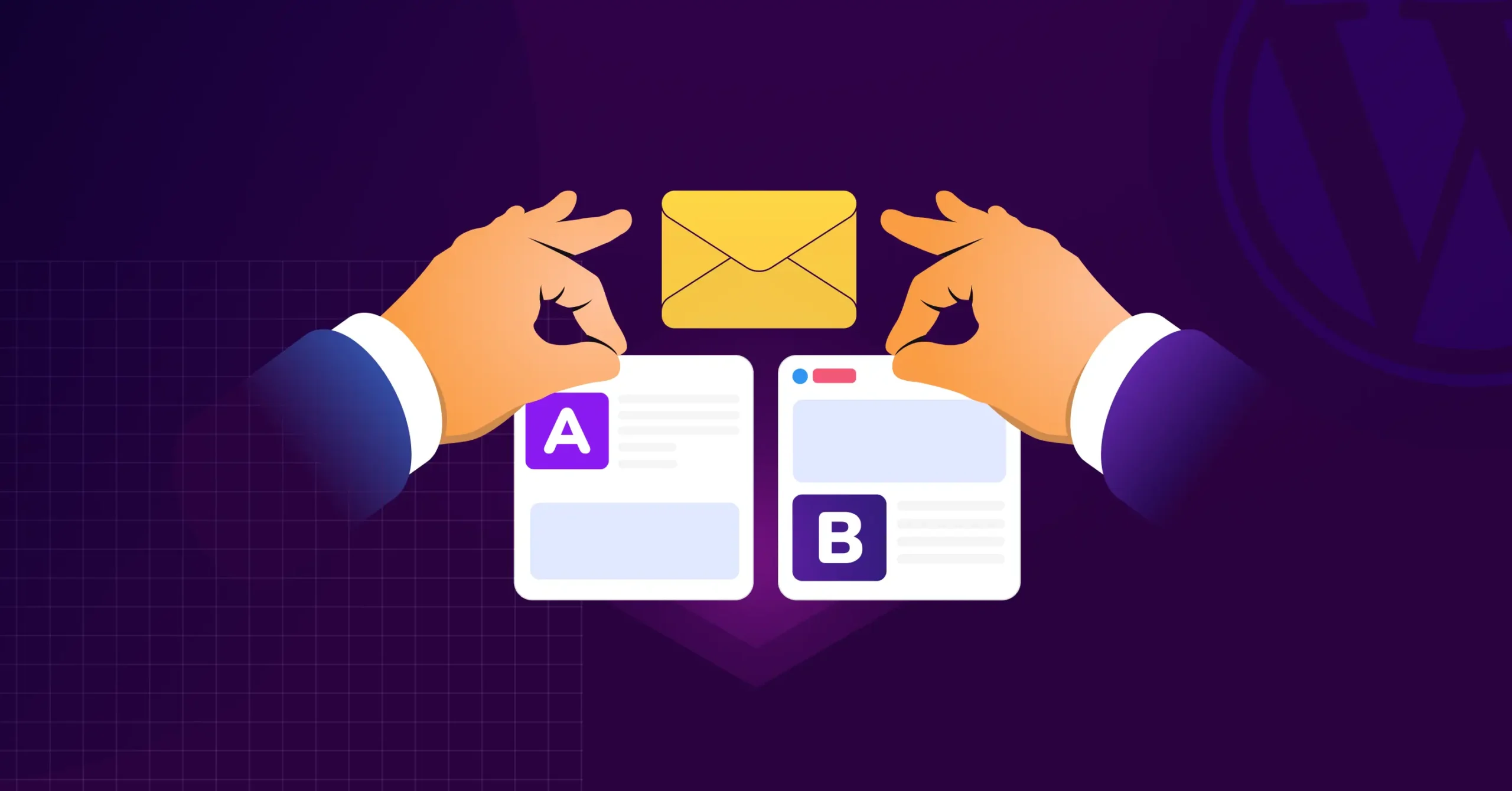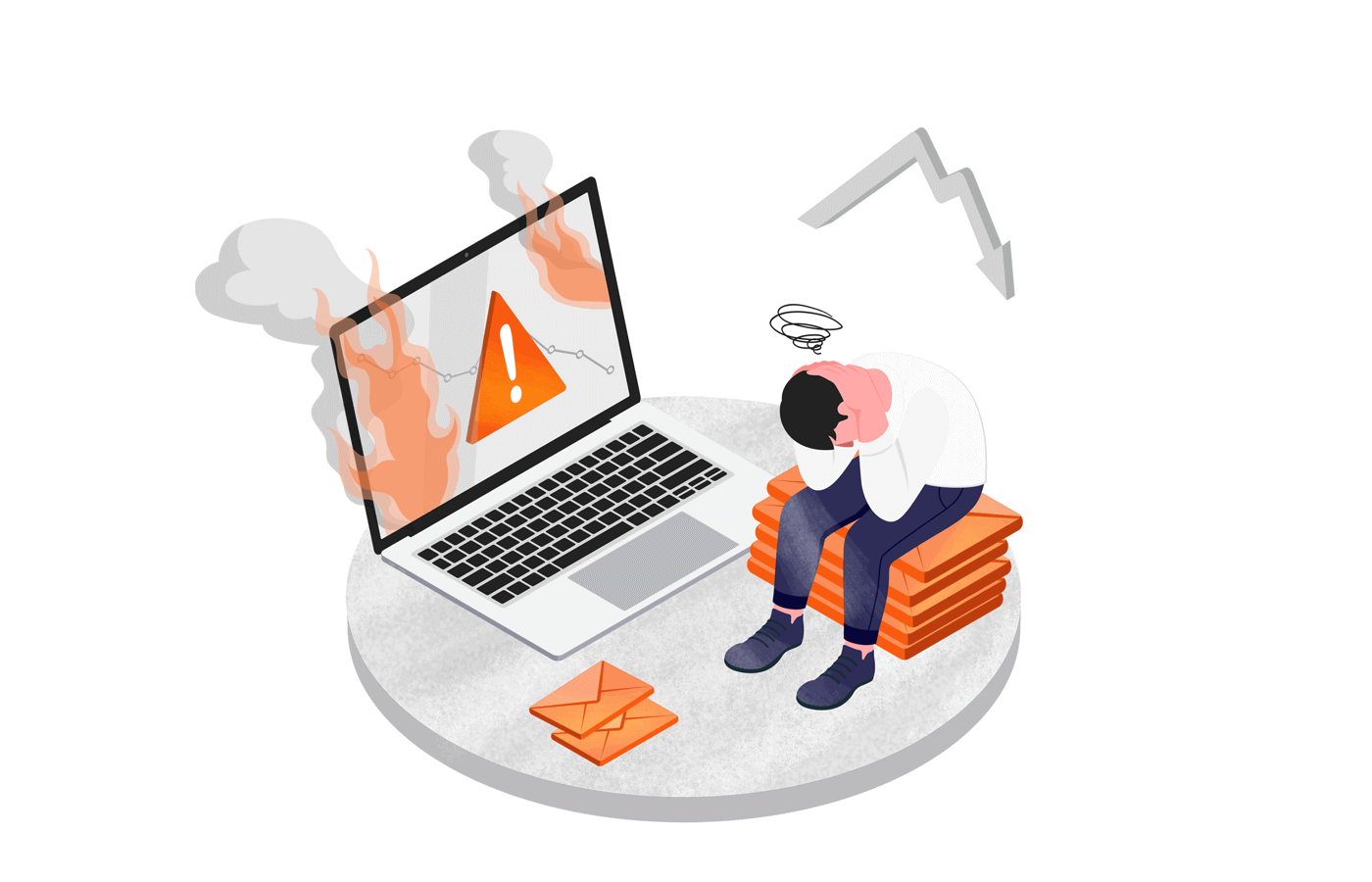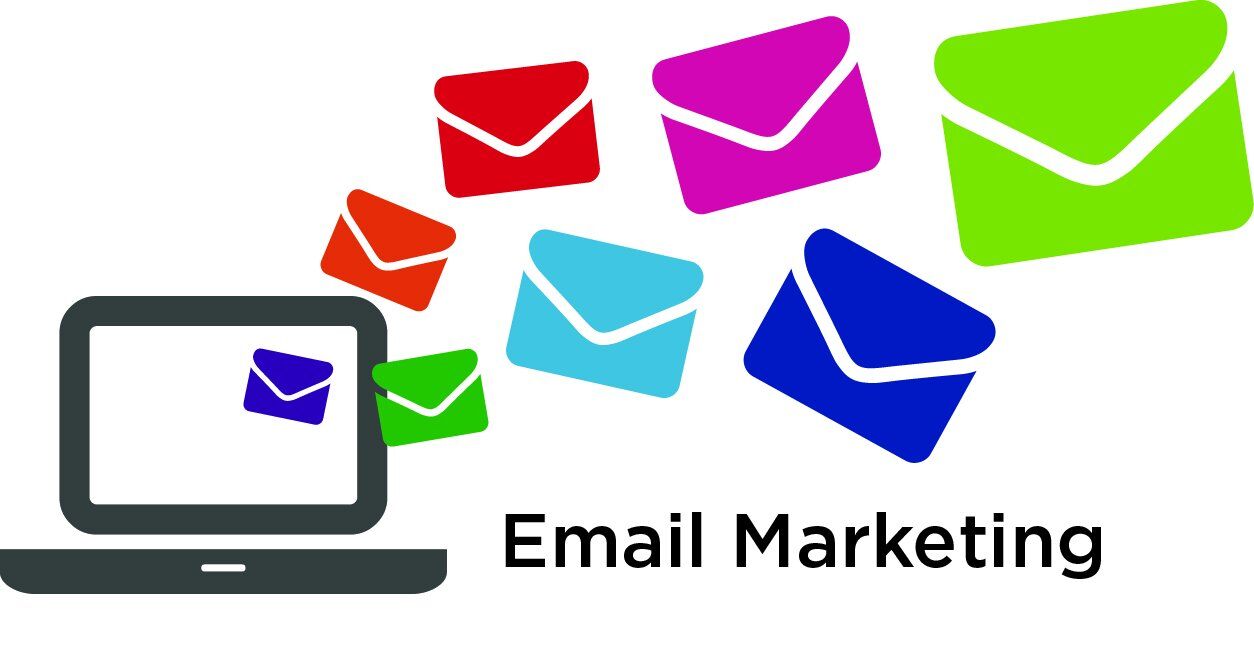In a world flooded with AI-driven tools, social media trends, and short attention spans, email might seem like a relic of digital marketing’s past. But in 2025, email marketing remains a powerful, personal, and cost-effective way for businesses to stay connected with their audience. It’s not only relevant—it’s thriving.
Thanks to automation, advanced personalization, and improved compliance, email marketing is more effective than ever. Whether you run a startup, scale-up, or full-service agency, here’s why email should still be a key part of your marketing strategy.
1. It Builds Direct, Trusted Communication
Email offers a direct line to your audience—without the interference of social media algorithms. When someone subscribes to your email list, they’re giving you permission to speak to them directly. This kind of trust is hard to buy and easy to lose, making email one of the most respectful and effective channels to build brand loyalty.
2. It Delivers One of the Highest ROIs
Studies consistently show that email marketing generates a return of £35–£40 for every £1 spent. That kind of ROI is difficult to match with any other marketing channel. For small businesses and lean teams, email offers an affordable way to drive real revenue.
3. Automation Makes Campaigns Smarter
Email automation is no longer a luxury—it’s the standard. You can schedule welcome sequences, product updates, abandoned cart reminders, and more. With minimal input, your business can send the right message at the right time, improving both efficiency and conversions.
4. Personalisation Drives Engagement
In 2025, personalization goes far beyond inserting a name. Smart email campaigns segment users by behaviour, purchase history, location, and preferences. Dynamic content blocks allow each subscriber to receive a version of the message that feels tailor-made for them—boosting open and click-through rates.
5. Every Campaign Is Measurable
Email marketing provides detailed insights into what’s working and what’s not. You can monitor open rates, click-throughs, conversions, unsubscribes, and bounce rates in real time. This data lets you optimise future campaigns with clarity and confidence.
6. It Fosters Long-Term Relationships
Unlike one-off ads or fleeting social posts, email marketing nurtures relationships over time. With regular, value-driven messages—whether newsletters, how-to guides, or exclusive offers—you keep your brand top-of-mind and create loyal brand advocates.
7. It Integrates Seamlessly With Other Channels
Email plays well with others. You can promote blog posts, retarget subscribers through paid ads, or notify your audience about a new YouTube video—all from their inbox. It’s the connective tissue that strengthens your wider digital marketing ecosystem.
8. Mobile Usage Continues to Climb
More users now read emails on their phones than desktops. This shift makes mobile-optimised design a non-negotiable. Thankfully, most modern platforms offer responsive templates that look great on any screen, helping you meet your audience wherever they are.
9. Data Privacy Has Made Email Safer
Tighter regulations like GDPR have made email marketing more transparent and trustworthy. Marketers must now prioritise consent, data security, and clear unsubscribe options. Done ethically, email becomes a safe space for communication—not spam.
10. Tools and Services Are More Advanced
Platforms like Mailchimp, Brevo, and ActiveCampaign now offer robust features like drag-and-drop builders, smart content, AI suggestions, and real-time analytics. Partnering with an experienced digital marketing agency ensures these tools are used to their fullest, helping businesses craft campaigns that convert.
Final Thoughts: Email Marketing Isn’t Going Anywhere
Despite changing trends, email marketing continues to evolve—and outperform. In 2025, it remains a critical part of a brand’s digital strategy. With strong ROI, deep personalization, and powerful automation, it offers lasting value that few channels can match.




